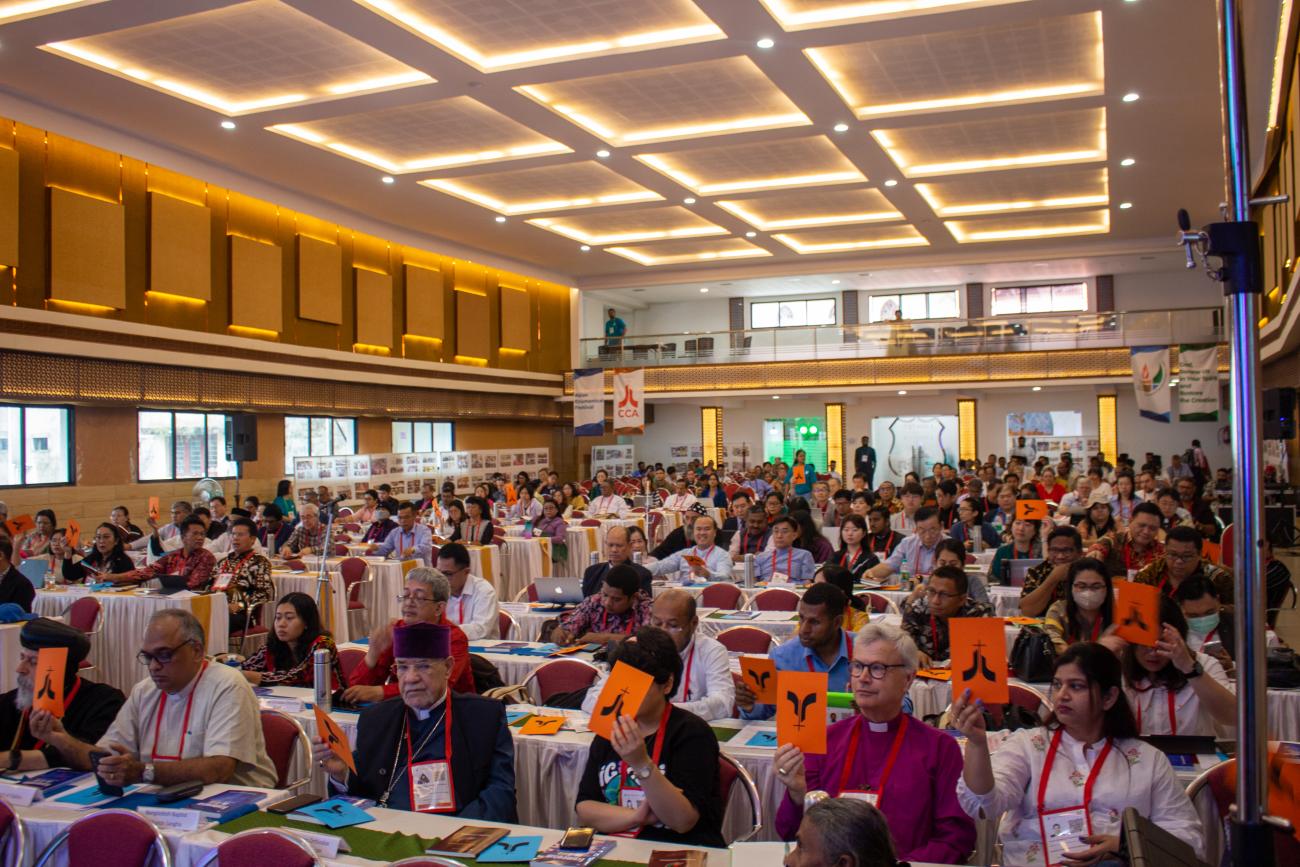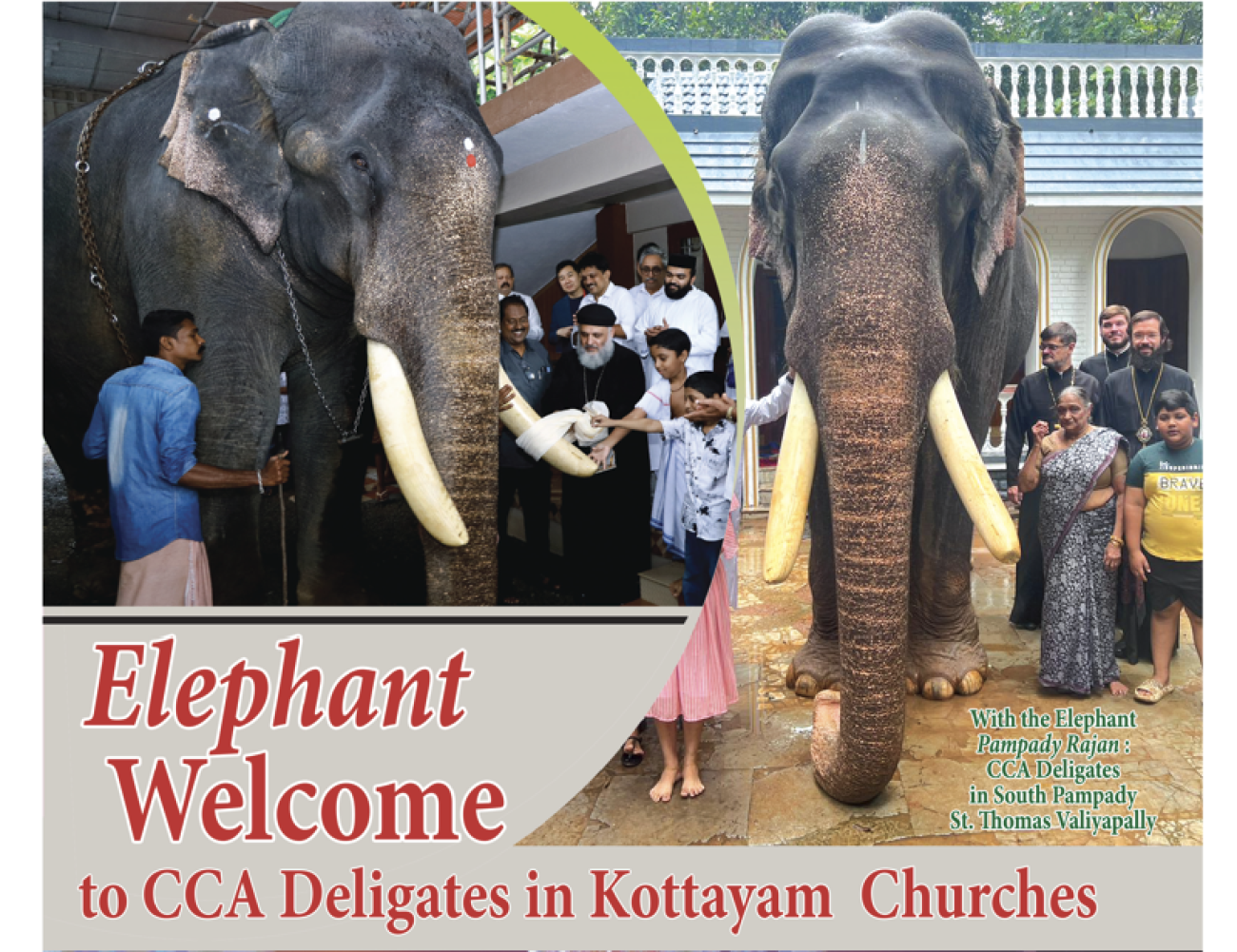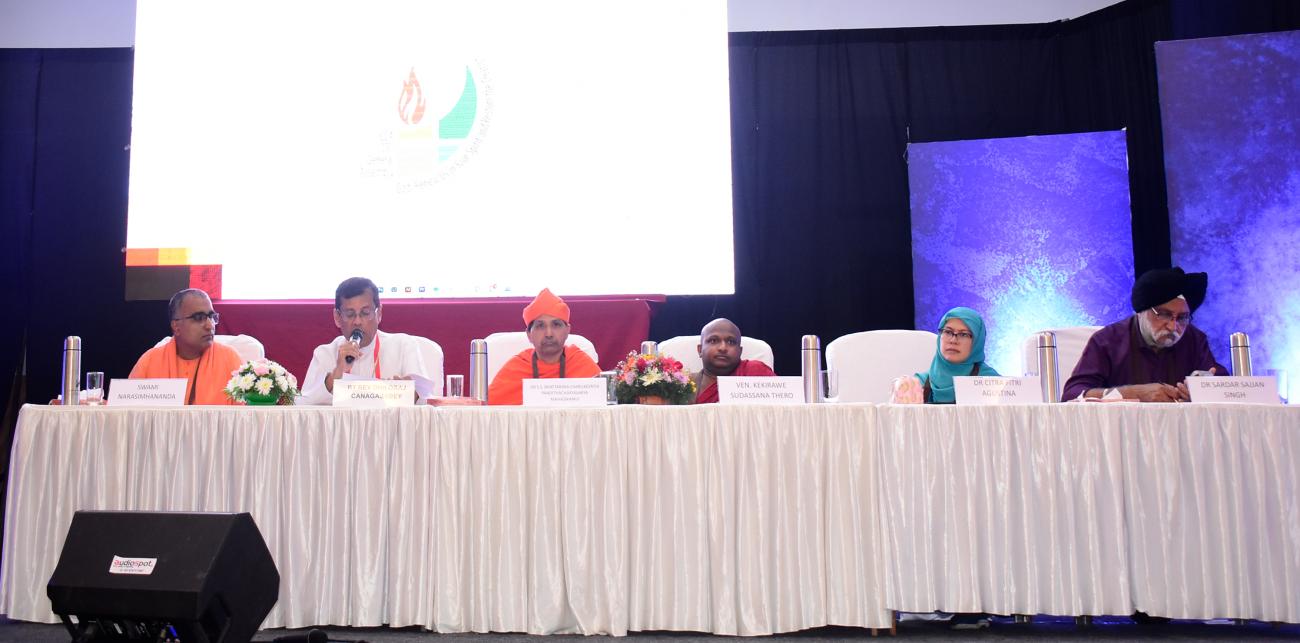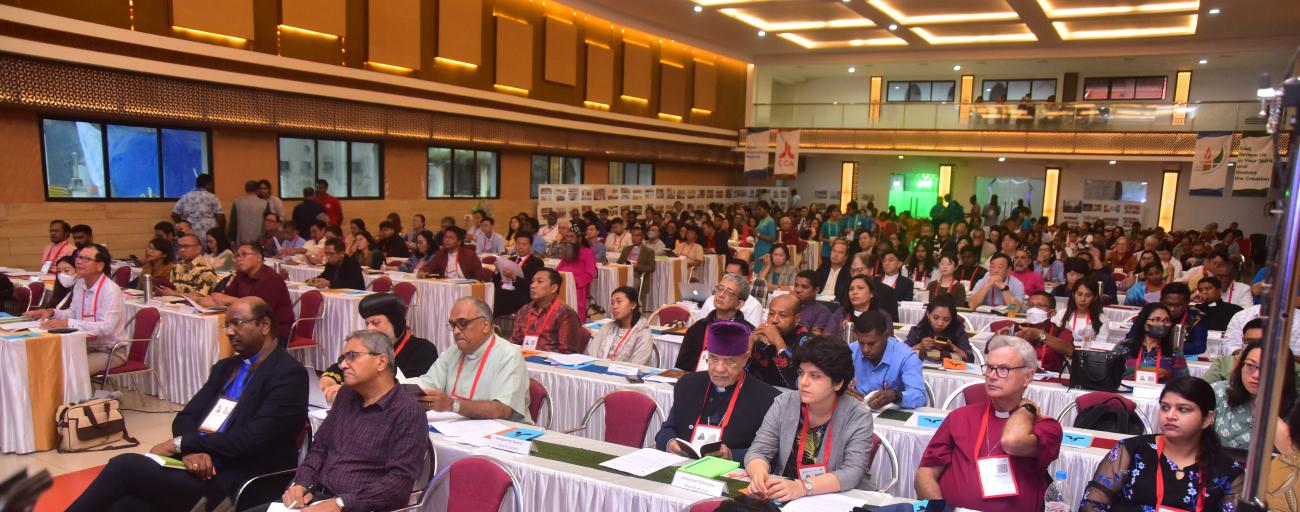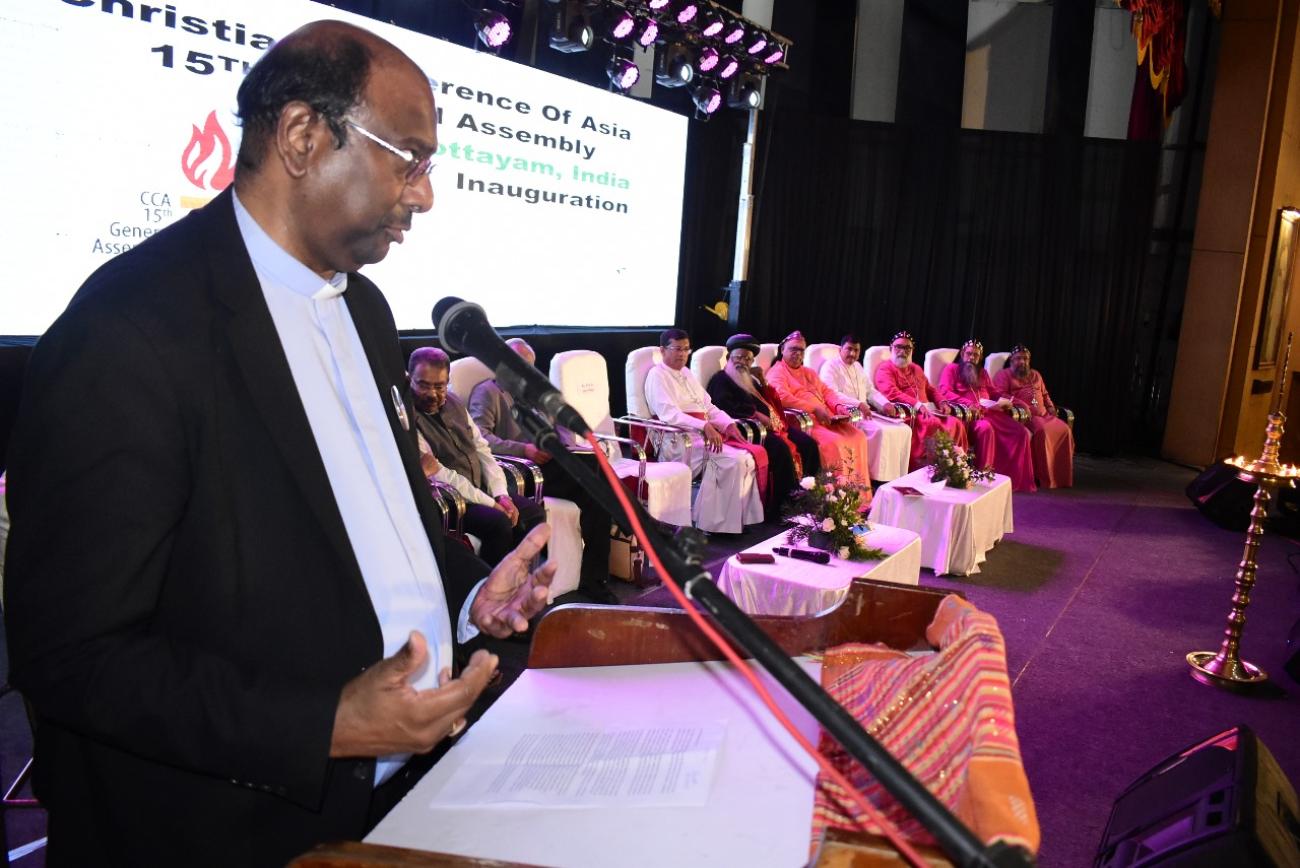Church leaders call on Novartis to drop legal case in India

“People, not profits, must be at the center of patent law for medicines,” states Archbishop Desmond Tutu. Tutu is referring to the court case being brought by the Swiss pharmaceutical company Novartis against the Indian government to challenge its patent law. Many civil society campaigners are pointing out that India's law contains elements that help put people before patents, but Novartis is trying to force a change in the law.
Novartis has been refused a patent for a cancer medicine, Gleevec, on the grounds that the medicine was simply a new form of an old medicine with a trivial change, something which cannot be patented under Indian law. Novartis is not only seeking to overturn this decision but also to challenge the law itself and the way in which India has implemented international trade rules on intellectual property.
In other countries where Novartis has obtained a patent for Gleevec, it is sold at US$2,600 per patient per month. In India generic versions of the drug are sold for less than US$200 per patient per month.
Rev. Dr Ishmael Noko, General Secretary of the Lutheran World Federation, declared, “Novartis’ proclaimed mission is ‘to ease suffering and to enhance the quality of life’. But this case is not about prioritizing life. It has every appearance of protecting wealthy corporate interests at the expense of the health of millions for whom access to affordable medicines is a matter of life and death.”
A ministerial declaration of the World Trade Organization in 2001 affirmed that international trade rules on patents “…can and should be interpreted and implemented in a manner supportive of WTO members' right to protect public health and, in particular, to promote access to medicines for all.”[1]
India has designed a patent system that aims to reward genuine innovation and protect public health. India’s law says that it is not possible to patent “the mere discovery of a new form of a known substance which does not result in the enhancement of the known efficacy of that substance.”[2]
Bishop Yvon Ambroise, of the Commission for Justice and Peace of the Catholic Bishop’s Conference of India asks “How can Novartis justify asking for the right to patent changes to a medicine that bring no new benefit? We support practices that encourage and reward real innovation and progress in improving the health of people in need. We condemn practices that trivialize innovation for the sake of maximizing corporate profits.” Bishop Yvon continued to say that the Church is in solidarity with the millions of people in need in the country and elsewhere, and is committed to the right to health, especially for the poor and marginalized.
The decision in this case will affect access to thousands of other medicines in India, including anti-retroviral (ARV) medicines to treat HIV. Generic manufacture of older, first-line ARVs has made prices affordable, but as resistance and adverse reactions develop there is a great need for access to newer second-line drugs that are still very expensive.
Prawate Khidharn, General Secretary of the Christian Conference of Asia, explains that “Patent applications have been made in India for many second-line ARVs. However many of the applications are based on existing chemical entities. They are, therefore, ‘new forms of known substances’, just like Gleevec.” He emphasized the importance of the ruling in this current court case: “If Gleevec cannot be patented in India, it should not be possible to patent many second-line drugs either.”
Medicines manufactured in India are imported by many developing countries. Over half the medicines currently used for HIV and AIDS treatment in developing countries come from India.
“This case is not just about patenting one drug in India,” points out Albert Petersen, chair of the Ecumenical Pharmaceutical Network, who recently returned from Bangkok, “The result of the court case will be of great importance for the future of Thailand’s health program. The fear is that Thailand won't be able to get the generic versions from India any more if Novartis wins. And it will take time until the Thai pharmaceutical industry is able to fill that gap.”
Bishop Mark Hanson, presiding bishop of the Evangelical Lutheran Church in America, emphasizes the principle at stake. “This case is about commitment to the right to health. It is about the responsibility of governments to protect the health of their citizens and the right of countries to give priority to public health over the private interests of corporations.”
For more information contact Sara Speicher, [email protected], +41 1524 727 651 or Jean Blaylock, [email protected], +44 79 656 4226
_______________________
The Ecumenical Advocacy Alliance is a broad international network of churches and Christian organizations cooperating in advocacy on global trade and HIV and AIDS. The Alliance is based in Geneva, Switzerland. For more information, see http://www.e-alliance.ch
[1] Declaration on the TRIPS agreement and public health, WT/MIN(01)/DEC/2, http://www.wto.org/english/thewto_e/minist_e/min01_e/mindecl_trips_e.htm
[2] Government of India, The patents (amendment) act, 2005. §3d http://www.patentoffice.nic.in/ipr/patent/patent_2005.pdf


